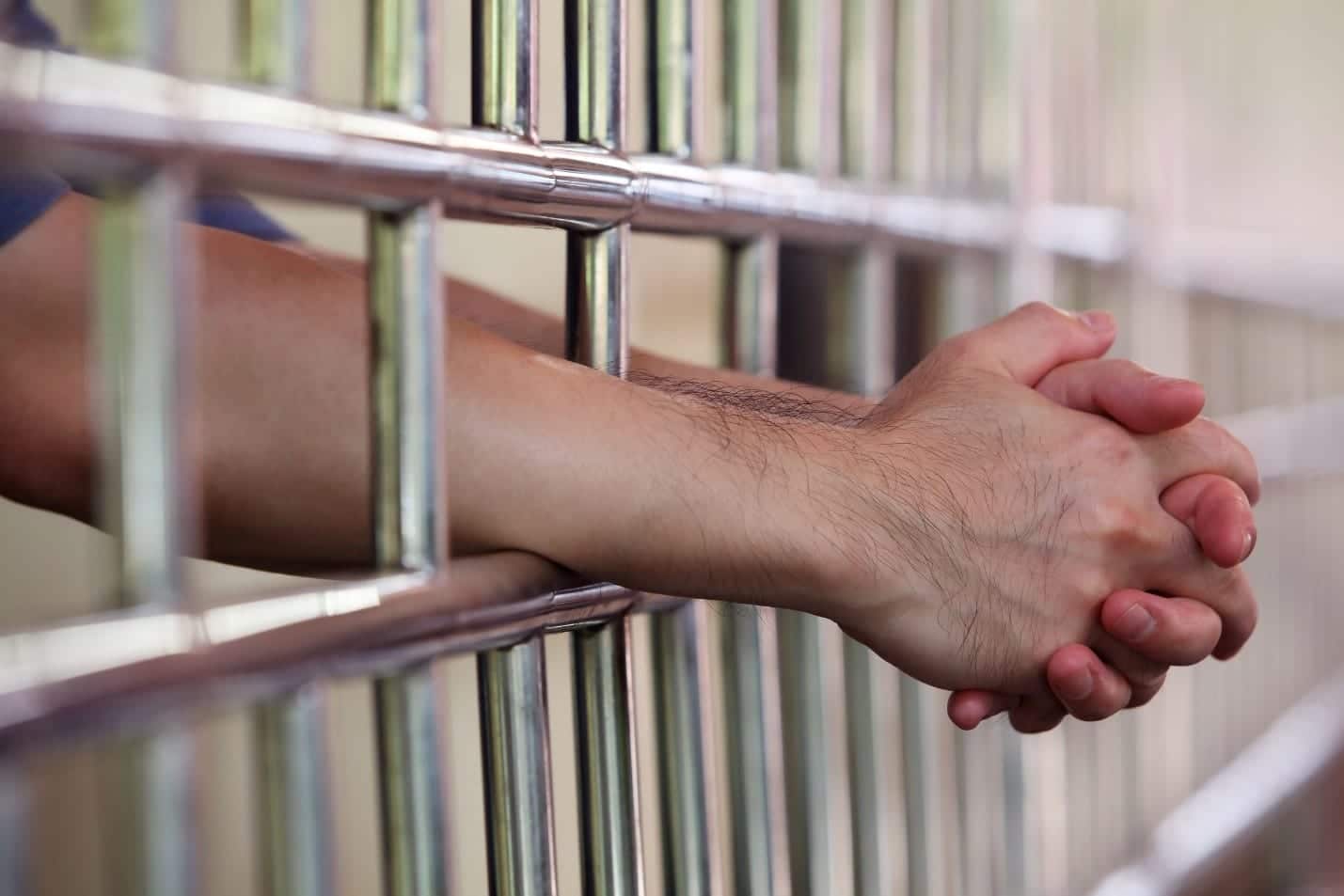
A recent rash of Minnesota robberies could result in various charges and penalties for the alleged offenders. In this post, we’ll look at these recent incidents, then discuss Minnesota charges and penalties for robbery.
Recent Robbery Cases in Minnesota
On Feb. 15, three people were robbed in St. Cloud at gunpoint. One woman and two men were robbed by two male suspects. One suspect displayed a handgun. As part of the incident, an assault occurred that left one man with minor injuries.
On Feb. 16, a bank in west St. Cloud was robbed by a single individual who demanded money with a note. No weapon was shown or verbally indicated. The male suspect left the bank in a vehicle with cash taken from the bank.
On Feb. 22, three suspects robbed a bank in White Bear Lake. The suspects wore masks, carried handguns, and left with cash after making threats to employees and customers.
Robbery Laws in Minnesota
Robbery is defined by Minnesota statutes as taking personal property by threatening to use force or using force in the presence of another person. When the robbery is committed with the use or implication of use of a dangerous weapon, the charge of aggravated robbery applies.
A robbery conviction is always categorized as a felony under Minnesota law. A felony conviction will result in the loss of many rights, including the right to vote or possess firearms, and can make applying for jobs or loans extremely difficult. You need the help of a knowledgeable criminal defense attorney if you are facing robbery charges in Minnesota.
Under Minnesota law, three types of robbery charges can be filed. The difference is not based on the property’s value, as in theft crimes. The difference is based on the method used during the robbery. Here is a explanation of the differences:
Simple Robbery
When an individual takes property from another person while using force or the threat of force, simple robbery charges will apply. No weapon is involved in a simple robbery. If convicted, an individual may serve up to 10 years in prison, pay a fine of up to $20,000, or both.

Second Degree Robbery
When an individual uses words or actions to imply that he or she has a weapon during a robbery, a second degree robbery charge may apply. A conviction will result in up to 15 years in prison, a fine of up to $30,000, or both.
First Degree Robbery
When an individual is armed with a dangerous weapon and inflicts bodily harm on someone else during a robbery, this charge will apply. It can also apply if the victim has reason to believe the individual is armed with a dangerous weapon. A conviction will result in up to 20 years in prison, a fine of up to $30,000, or both.
Other Charges
Robbery is considered a violent crime. Other charges, such as assault or violent threats, are often issued alongside robbery charges.
Defenses to Robbery Charges in Illinois
An experienced Minnesota criminal defense attorney will know which defenses are most likely to yield positive outcomes in individual cases. The following defenses are the most commonly used ones in robbery cases.
- Lack of intent
- Property taken did not belong to the victim
- Mistaken identity
- No weapon was used
- Defendant acted in self-defense
- Defendant acted under duress
- Defendant was under the influence of a controlled substance
Note the difference between burglary and robbery charges. Burglary is the unlawful entry of a building with the intent to commit a crime once inside. It does not need to occur in the presence of another person. However, robbery is taking property directly from another person while using force or the threat of force. This is also what makes robbery different from simple theft and why robbery is punished more severely than other crimes.
If you are facing robbery charges, it’s important that you contact a skilled Minnesota criminal defense attorney right away. A robbery conviction can affect you for years to come. You will face years in prison and high fines, and you will also lose other important freedoms. A felony conviction may result in the loss of your right to bear arms or vote, and it could negatively impact your ability to find work, secure loans, or obtain certain licenses. You need an aggressive, committed attorney to help you fight your charges.

Work with us and we will investigate your case and look for ways to get your charges reduced or dropped. Call today for a free case review.
About the Author:
Christopher Keyser is a Minneapolis-based criminal and DWI defense attorney known for fighting aggressively for his clients and utilizing innovative tactics to get the most positive results. He has been featured in numerous media outlets due to the breadth and depth of his knowledge, and recognized as a Minnesota Super Lawyers Rising Star (2014–2015), a Top 100 Trial Lawyer (2013–2015), and a Top 40 Under 40 Attorney (2013–2015).





